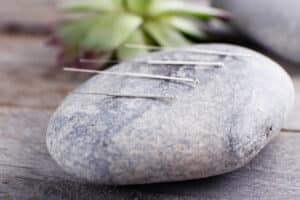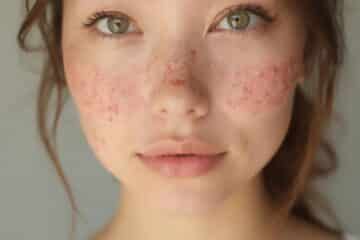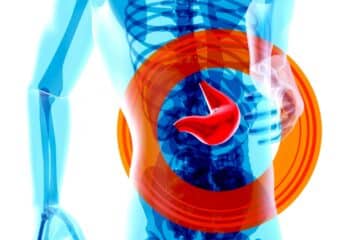
Acupuncture is an ancient medicine that originated in China. In many parts of the world, including America, acupuncture use is still common despite how long it has been around. While to some the small needles may look intimidating, acupuncture does not cause pain by design — these needles will actually reduce both emotional and physical pain. If you would like to know more about acupuncture and mood disorders, keep reading.
1. What Is Acupuncture?
Professionals insert small needles into your skin during acupuncture. The needles are small enough to prevent any significant discomfort on insertion. Those in ancient China discovered that the needles unblock your body’s energy pathways. The Chinese also discovered that these blocks lead to physical or mental pain and certain health conditions.
Modern science has discovered that acupuncture works by stimulating your central nervous system. This triggers the brain to send out chemicals that help promote the body’s ability to naturally heal itself.
Some acupuncturists perform trigger point therapy, which targets myofascial pain like knots in your muscles. These knots can send referred pain to other parts of the body. Therefore, your acupuncturist may insert needles in areas far from the location of the pain.
2. What Is a Mood Disorder?
Many people deal with physical pain, but others deal with emotional pain in the form of mood disorders. Some of the most common mood disorders include anxiety and depression. Stress can trigger these mood disorders or worsen them.
Anyone can develop a mood disorder, but some people have a genetic predisposition to the development of mood disorders. In addition, going through a difficult time like the death of a loved one can trigger acute or chronic mood disorders. You are also at higher risk of a mood disorder if you abuse alcohol or drugs. As an added insult, mood disorders can trigger addictive behavior such as drinking.
The severity of the symptoms of a mood disorder depends on the severity of the condition. Some people struggling with depression may only have mild feelings of low self-esteem, but others have persistent suicidal thoughts. As a result, treating mood disorders is incredibly important.
3. How Does Acupuncture Treat Mood Disorders?
A handful of studies have shown that acupuncture may be effective at helping with mood disorders like depression. It does this in many ways. First, one study in 2013, found that the effectiveness of certain forms of acupuncture matched the effectiveness of Prozac. In addition, some research shows that undergoing acupuncture and traditional treatments for mood disorders can boost efficacy.
Despite the small needles, acupuncture is a relaxing and soothing experience. This can help reduce stress, which naturally boosts your mood, helping to reduce anxiety and depression.
Finally, research has shown a connection between physical pain and mood disorders. People with depression tend to have lower pain thresholds. Similarly, people who experience chronic pain may develop depression or anxiety. Therefore, acupuncture can help stop this cycle of pain leading to depression and depression causing more pain.
4. Are You a Good Candidate for Acupuncture?
Acupuncture is a safe treatment, but it may not be the best treatment for everyone. First, if you are skeptical about the whole process, it may only lead to more stress and anxiety, which may be resolved by the care itself!
You’ll also need the time and money to commit to treatment. Chronic conditions need continual treatment, so one visit to the acupuncturist is probably insufficient. You’ll need the time and money for ongoing visits. If you’re worried about money, in our clinic we offer very helpful financial options.
Acupuncture is a new concept to many patients, but people have been enjoying its benefits since ancient times. If you would like to know more about how acupuncture can help, or if you would like to schedule a consultation, contact us at Acupuncture and Holistic Health Associates.


